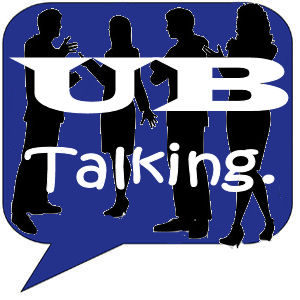The FCC on Tuesday Dec. 21, 2010 approved the so called "net neutrality" designed to ensure that internet providers grant everyone equal access to the Web. The rules are designed to, in effect, keep the companies that own the internet's real-world infrastructure from slowing down some types of websites or apps -- say, those belonging to a competitor -- or speeding up others for high-paying clients. One speed for all.
The concept of “net neutrality’' holds that companies providing Internet service should treat all sources of data equally. Currently, Internet users get access to any Web site on an equal basis.
Sounds good, right. But is it.
The rules does allow Internet providers to engage in "reasonable network management," meaning they can take steps to regulate traffic and congestion over their connections. For example, mobile Internet providers won't be allowed to block access to Skype -- a popular Internet phone service -- from your iPhone
Well make no mistake: The free-flowing Internet as we know it could very well become history. Network owners say they want a "tiered" Internet. If you pay to get in the top tier, your site and your service will run fast. If you don't, you'll be in the slow lane.
Also network owners have built a business model by charging consumers for Internet access. Now they want to charge you for access to the network, and then charge you again for the things you do while you're online. Selling bandwidth in capped tiers, with overage charges for users who download too much information, and certain types of data traffic like peer-to-peer file transfers could be banned altogether.
Tiered pricing structures are already in place for many communications providers like AT&T
AT&T also announced in June 2010 that it will stop it's unlimited plan for iPhones
Pandora's box?
Which brings me to my original question, Is the Internet a right or privilege?
Talk Back!!



No comments:
Post a Comment